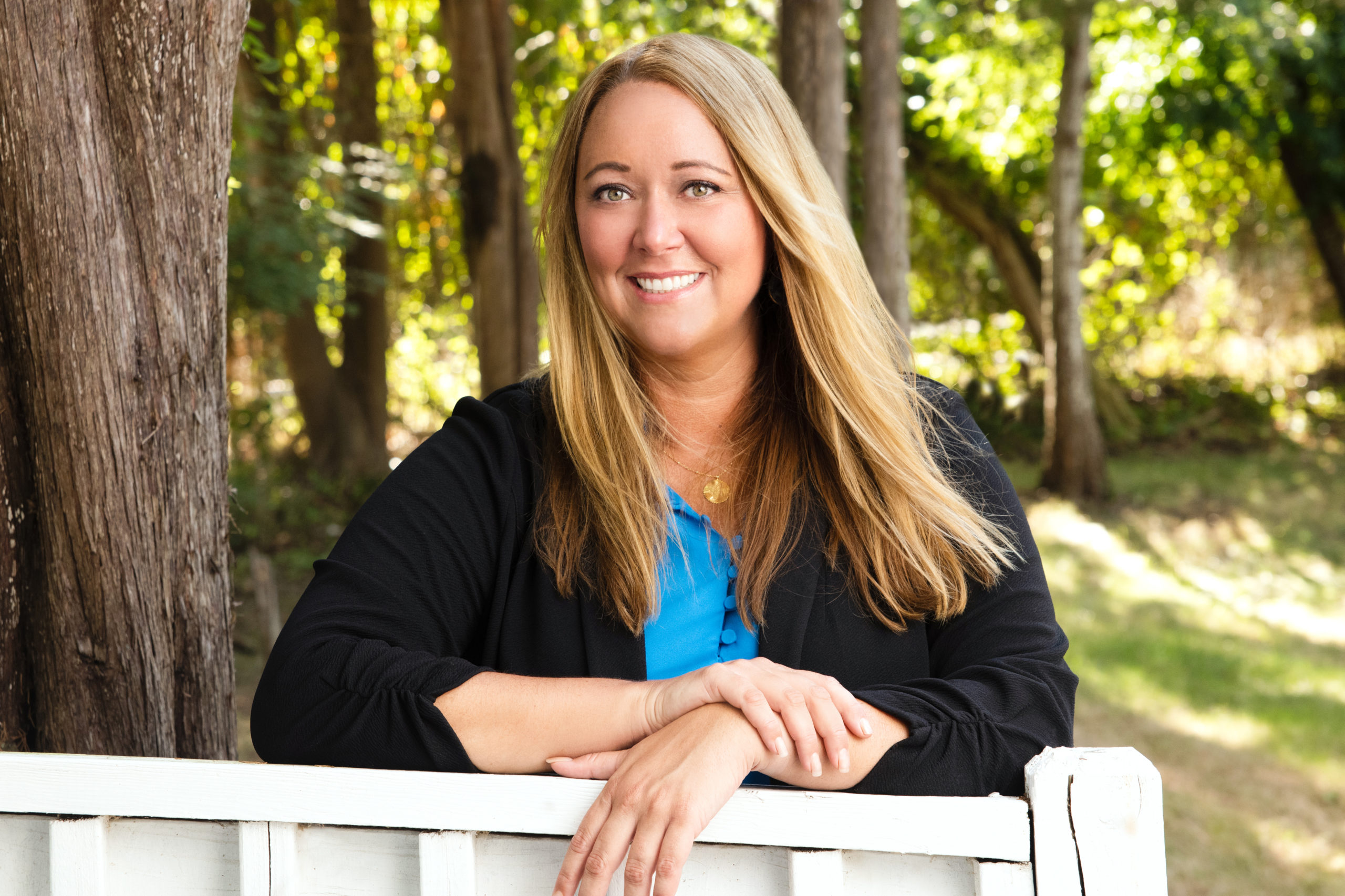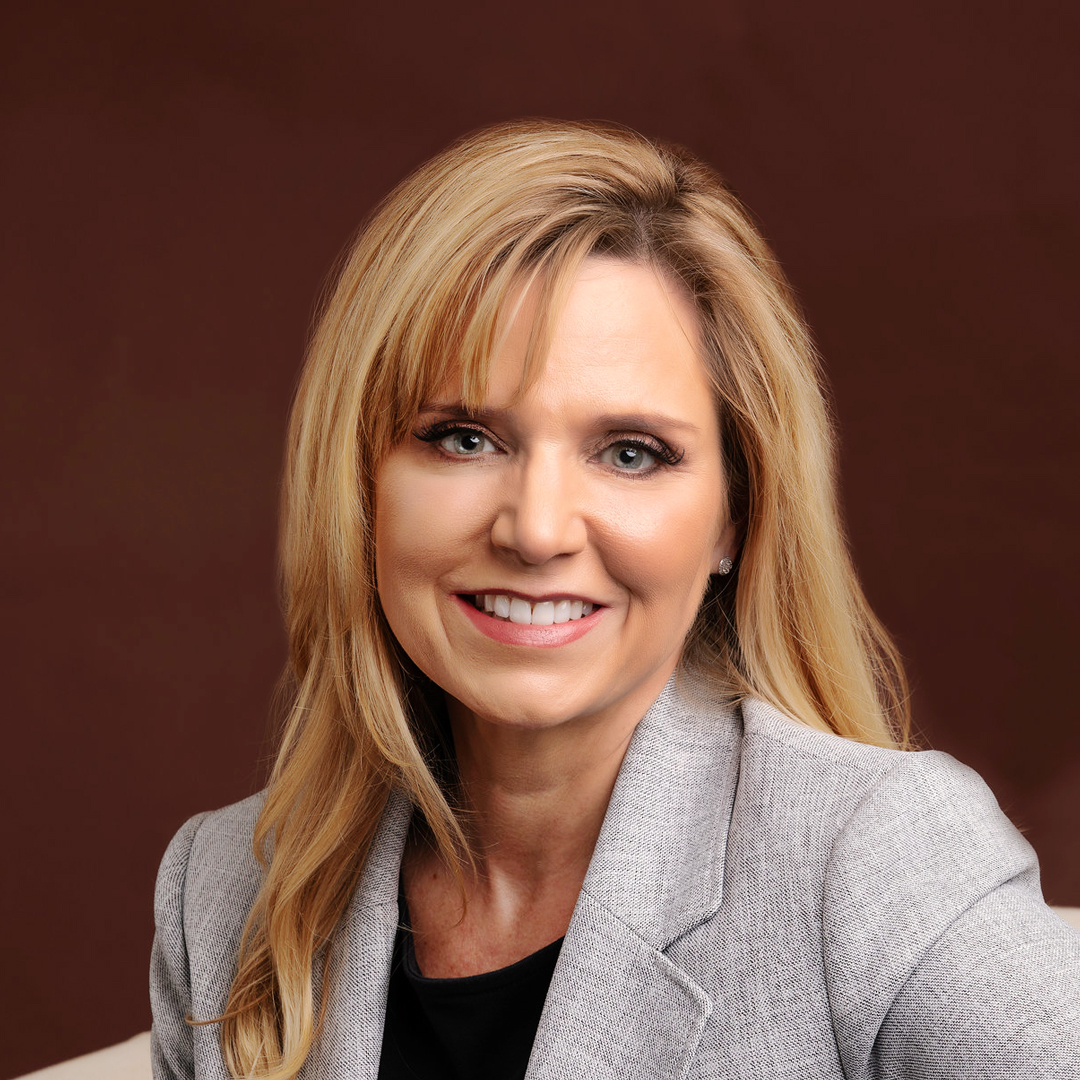|
Getting your Trinity Audio player ready... |
Being practical sets lawyers apart from the pack, Mary McCann says. She knows that lawyers must be smart, creative, and analytical, but in looking back on her career journey, she says that focusing on being practical truly prepared her for an in-house position as head of litigation and a member of the Legal leadership team at S&P Global.
She learned this practicality during a nine-year tenure with the firm Cahill Gordon after graduation from St. John’s University School of Law. While she relished the position, McCann knew that her long-term goals did not include making partner. Rather, she felt she would eventually serve in-house and wanted to have outside experience to draw on. “I didn’t want to be in court every day,” she explains. “I enjoy the strategic aspect of litigation and advising internal clients on litigation and regulatory risk.” Being in house, McCann says, allows you to be proactive instead of reactive when assessing litigation risks. This long-term plan certainly did not stop her, she adds, from doing her all for Cahill and their clients.
Her plan paid off and her efforts forged her into a better lawyer. “If you work hard and make relationships,” she says, “those relationships can help you get to the next place.” McCann’s supervisors, impressed with her work, facilitated a secondment at Deutsche Bank, where she tested her goal of working in-house. Colleagues at Cahill then put in many good words about her skill and commitment when she applied for a S&P role in 2014.
“Since her time at Cahill, we have observed firsthand how Mary’s abilities both to connect with the people she advises and to offer sound and practical legal advice have made her invaluable to S&P Global,” says Tammy Roy, partner at Cahill Gordon & Reindel.
McCann began working mostly with the ratings division and now applies that knowledge, as well as her practicality, to her current role as head of litigation globally. “You have to make arguments around sustainability for the business,” she says. Though you might have a strong legal argument, she explains, it’s critical to analyze reputation, risk, and financial impact. “Sometimes the law is very clear. When it is less clear, a good lawyer needs to guide management on what’s best for the business while abiding by the rules.”
Litigation for S&P means, among other duties, a great deal of risk and regulatory navigation. Though McCann knew she wanted to practice law, landing in the financial sector was more happenstance. However, once there, she discovered an interest in the regulatory aspect of the field, specifically the breadth of interpretation. “Regulation has a huge impact on business,” she says and holds up duties such as helping to prepare for annual regulatory reviews as situations that stretch her knowledge and skills.

Such preparation is hardly her only opportunity to advise around regulation and litigation risk. Looking down her calendar from an individual day, McCann recites a breathtaking index of activities: conversations with auditors, outside counsel, lawyers from other divisions, and officers, along with case law research, analysis of other institutions’ litigation, and other general work on litigation matters. And no two days are alike.
McCann forms close relationships with S&P division lawyers who provide her with the expertise around business and business priorities. With this, McCann can offer better guidance and talk through various risk possibilities.
McCann describes the team at S&P as “smart and compassionate.” Not a traditional financial institution, the company includes regulated and unregulated business and, though it has a lot of name recognition, is relatively small. This, McCann says, means the company feels “very collegial and very people oriented, with a focus on maintaining and managing talent.” From where she sits, she sees that they take compliance and legal advice seriously, a cultural norm that makes her job easier.
S&P’s tight-knit culture has really shone through during the changes brought on by COVID-19. S&P management was leading town halls to focus on employee questions. Along with big-picture concerns, employees will ask the head of the people function and other members of upper management about things like buying ergonomic office chairs for their home and the issues are given weight, she says, showing that management understands the importance of details.
For the past two years, McCann has led a lean litigation department of three. Mirroring some of the general trends in S&P’s culture, her compact team harnesses the power of clear and constant communication.
“Mary brings a special mix of smarts and practical judgment to every issue,” says Christopher Garcia, co-head of Weil, Gotshal & Manges’ white collar practice. “She couples this with a collaborative approach that, together, brings out the best in the outside lawyers with whom she works.”
“Sometimes the law is very clear. When it is less clear, a good lawyer needs to guide management on what’s best for the business while abiding by the rules.”
As a result of the financial crisis, McCann saw rating agencies undergo public scrutiny. “They had to figure out how to withstand legal challenges on numerous fronts, including from regulators and private plaintiffs, and I think they have come out better,” she says. This was a real moment when questions of practicality, how much to fight and when to settle, came to the forefront. Of the current financial situation, McCann steers away from comparisons to the Great Recession. “This is such a different experience,” she says. “It’s an incomparable moment.”
Through this moment, however, McCann will continue to lean on her team and the supportive S&P culture. Her career, she says, has benefited from working with great lawyers. Every expectation is that it will continue to, as well as the hard work that fosters those relationships.
“It’s rare to be in-house and to have so many different roles and experiences,” she says, considering her career. She names trust and assistance from mentors—such as her current manager, General Counsel Steve Kemps—as reasons why she has been able to advance. Probably this success also derives from that heavy helping of practicality.

